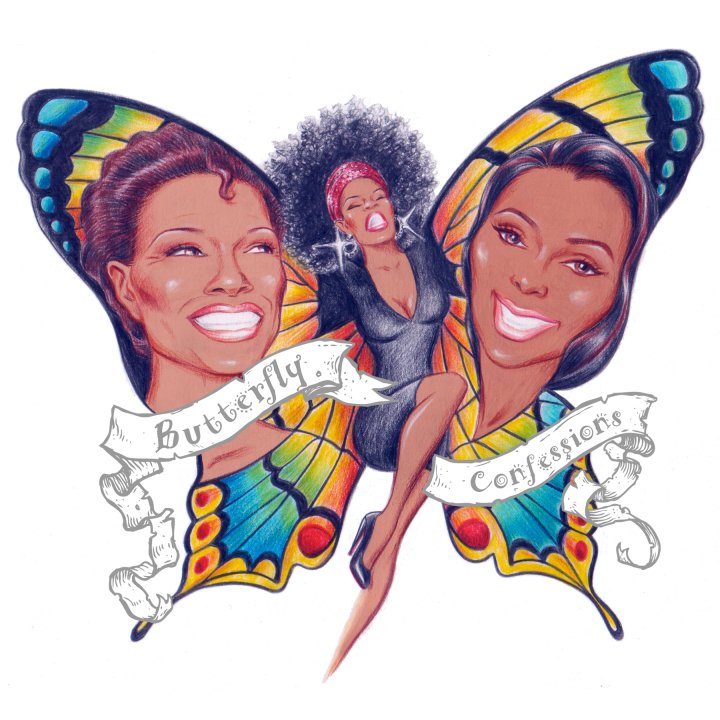
On Tuesday night I was privileged to attend and photograph the dress rehearsal for this weekend’s performances of “Butterfly Confessions” and “The Vagina Monologues.”
I know the latter fairly well — I first read it for the introductory women’s and gender studies course and saw the Ohio Wesleyan production last year. Its power and beauty show through strongly this year, and it is just as important as ever that we as a campus community see it and hear what it has to say.
But “Butterfly Confessions” was entirely new to me, in more ways than one.
The work by Yetta Young is itself a new play. It’s only been produced a handful of times and is soon to be published. But on top of that, it gave me new knowledge from a perspective that is so routinely and unapologetically silenced — the voice of black women.
Black women’s lives are imposed upon by our political, economic and social institutions, and the media perpetually obscures these realities by presenting damaging stereotyped images of black women that are in many ways part of the legacy of slavery.
In the wake of these misrepresentations, white people and others come to believe them and consequently perpetuate the racism and misogyny that we as a society purport to be against. The fact is that mainstream media make it difficult for we who have not lived such an experience to relate to and understand black women. The misrepresentations are one of many components of racism that have inhibited our cognitive and emotional ability to identify with those we feel are alien to us.
“Butterfly Confessions” shatters these misrepresentations.
Contained in the show are powerful voices about issues particularly relevant to black women such as HIV/AIDS and incest, and about black women’s relationships with their families, spouses, lovers and each other. The stories within it are hilarious, moving and enlightening.
The OWU production is groundbreaking in a few respects: it is the first to be produced without Young’s involvement, the first on a college campus and the first with a multiracial cast. The latter fact gives it a unique and powerful multiplicity of voices that shows the play is neither particular to a handful of characters nor a monolithic, universalizing voice for black women.
As I sat in Gray Chapel on Tuesday night, the enormity of the space was not lost on me. I think it’s significant that “Butterfly Confessions” is being performed there because it symbolizes the incredible importance of its message and the size of the stake I and the OWU community as a whole have in seeing it.
At stake for us is our emotional capacity to relate to, understand and love our fellow human beings. Mainstream media portrayals inhibit this capacity with respect to black women — the misrepresentations alienate us from them and give us an incomplete picture of their lives.
In defying these misrepresentations, “Butterfly Confessions” is important because it has the potential to restore that capacity. It offers a voicing of black women’s experiences that hasn’t been filtered through corporate interests and hundreds of years of violent racism we are privileged to be able to hear such voices because they give us a more meaningful understanding of each other as a community.
Go into Gray Chapel with an open mind and an open heart on Friday evening. Both will be swelling with knowledge and love by the end of the evening.